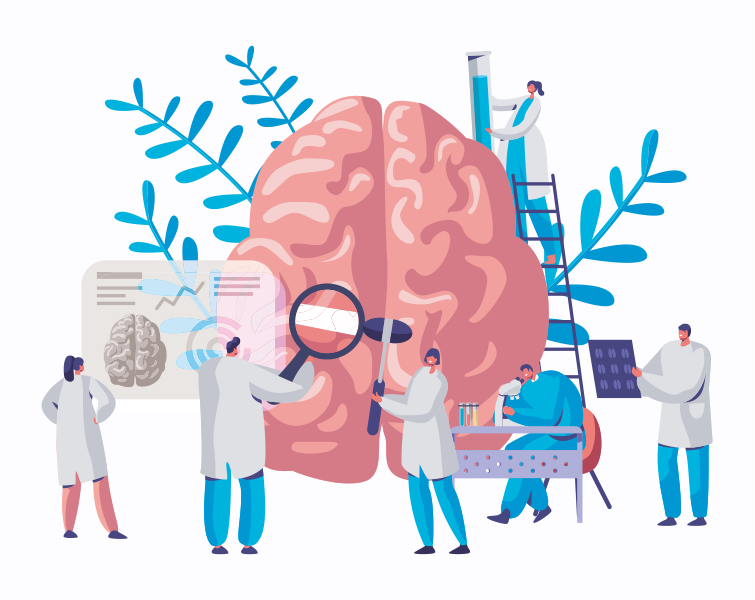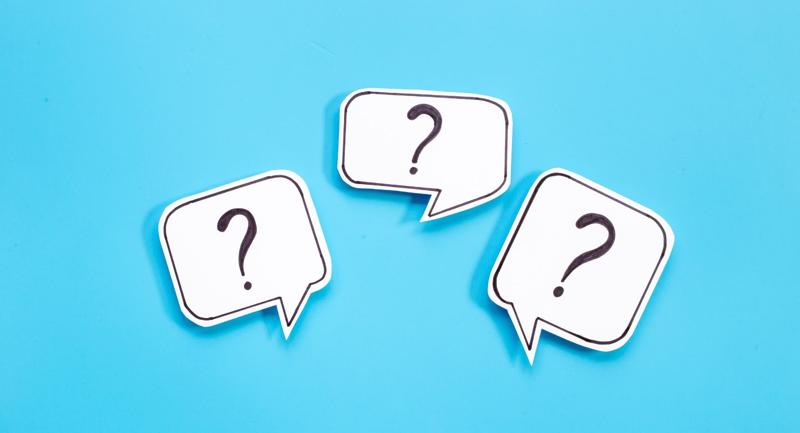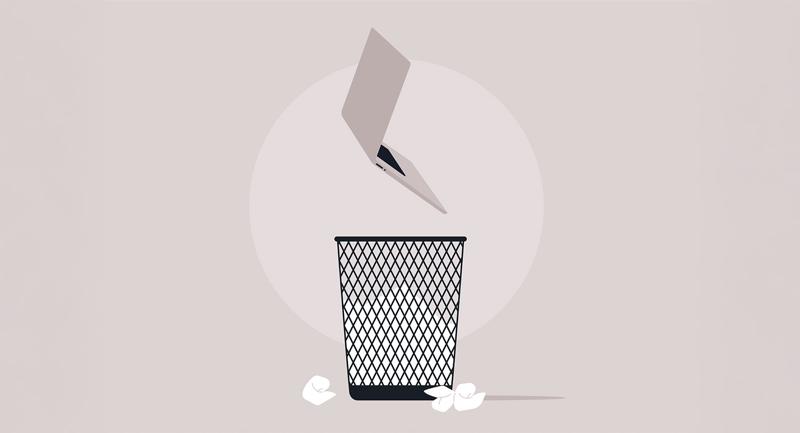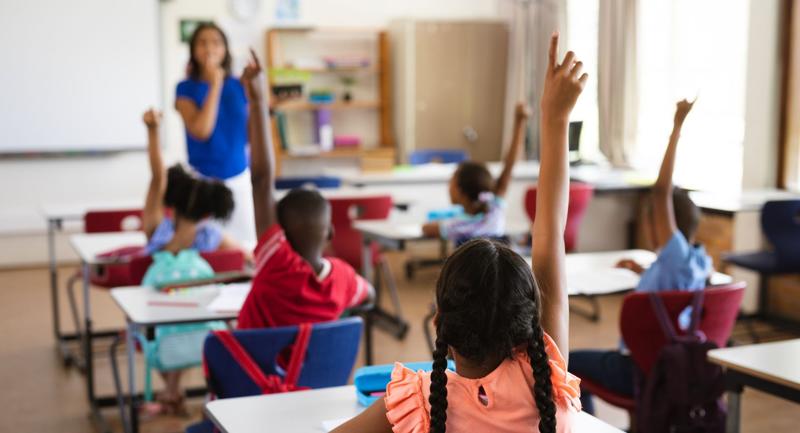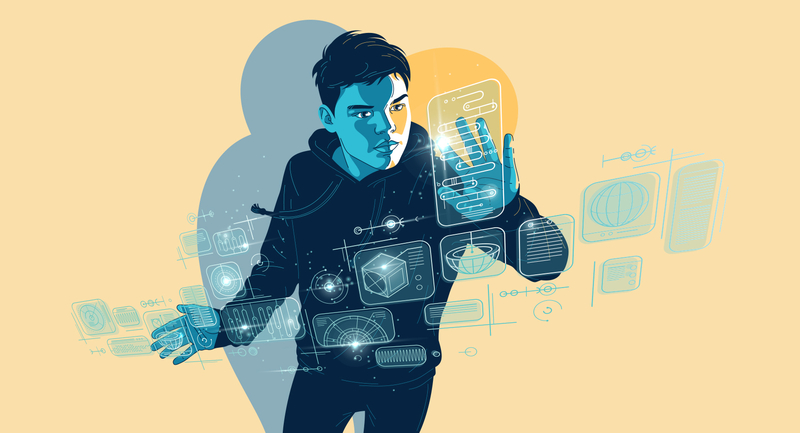Over the last decade or so, several efforts have been made to make neuroscience more accessible for K–12 educators and students. Online resources such as Neuroscience for Kids, Brain Facts, and BrainU provide science teachers with engaging hands-on demonstrations and experiments about key concepts in neuroscience. However, most of this work has targeted elementary and middle school ages rather than high school. To address this gap, we formed a team of educators and neuroscientists at New York University to codesign a comprehensive neuroscience program called BrainWaves, in which students design and conduct their own original research around learning and memory. The program is composed of a curriculum, teacher professional development, and a computer application.
With support from the National Institutes of Health Science Education Partnership Award, the BrainWaves program is currently in its second year of implementation. The program is operating at 10 Title 1 public high schools in New York City. We partner with teachers who apply to lead the program in their schools. Although most teachers who participate are science teachers, the program has also included English and math educators. Teachers administer the program with the support of a dedicated neuroscience mentor, typically a doctoral student or post-doctoral researcher in neuroscience who visits the school once a week. Teachers and science mentors participate in a week-long professional development course over the summer and five additional training sessions throughout the school year, where they learn how to lead hands-on lessons about the structure and function of neurons, brain anatomy, and concepts related to cognition, learning, and memory.
Dispelling Neuromyths
The BrainWaves program is typically implemented over one semester as a science elective class that meets daily. The program begins by addressing neuromyths around learning (for example, the idea that we only use 10 percent of our brain or that there are right- and left-brain learners). Misconceptions around learning have often been popularized through media, such as in the movie Lucy, where the main character is given drugs that allow her to access 100 percent of her brain. These neuromyths often make their way into the classroom and influence students' beliefs about the brain. For example, in our pre-program survey, more than 25 percent of students reported that "mental capacity is hereditary and cannot be changed by the environment or experience"—another common but debunked misconception.
To address neuromyths about learning, students in the program are exposed to several labs, case studies, and hands-on activities that illustrate the underlying mechanisms and structures of the brain relating to learning and memory. They begin at the micro-level, focusing on the different parts and functions of neurons. By recording electrical impulses in insects, students learn how neurons communicate. They learn about brain anatomy by dissecting a sheep brain and constructing brain models.
Building on their newly constructed knowledge, students then learn about the famous case of patient H.M., a man who underwent surgery in the 1950s to remove his hippocampus to cure his epilepsy, which resulted in permanent amnesia. Students replicate one of the tasks that patient H.M. underwent—mirror tracing (tracing a star while looking at its inverted image through a mirror). Students are often frustrated at first because they make several mistakes and take a long time to complete the task. However, as they practice, they notice that they become much quicker and more accurate, which demonstrates the way that their brains can grow and change with practice.
Finally, students partake in different mini-experiments to better understand how their memory works. In one activity, students read a list of words presented on a screen for one second each and then write down all the words that they can remember. Next, they tally up how many students remembered each word and plot their results. Students typically find that the beginning and end of the list are better recalled than the middle of the list (these effects are called "primacy effect" and "recency effect," respectively). In another activity, students discuss how their memory capacity can be improved. They practice the "memory palace" strategy to memorize a list of items while associating each one with a location and compare their memory performance before and after using this strategy.
The scientific method is strategically interwoven throughout the course. Each lesson requires students to practice a different skill required of researchers, such as developing a research question, generating a hypothesis, or listing the procedural steps in an already completed research study. For example, when learning about neurons, students focus on asking a scientific question and identifying variables. This allows students to become familiar with the scientific method and prepares them to conduct their own research in the second part of the program.
Students in the BrainWaves program dissect a sheep brain to learn about brain anatomy. Photo Courtesy of Steven Azeka.
Student-Led Investigations
While the first two months of the BrainWaves program provide students with content knowledge related to the neuroscience of learning and memory, the rest of the semester gives students the opportunity to develop their own research projects. Students investigate topics that are of direct interest to them and develop a research proposal. For example, one of our students, an athlete named John (all names are pseudonyms), was interested in how physical exercise affects his ability to concentrate in class. Another student, Jania, was interested in multitasking because she had frequently told her parents and teachers that she was able to watch YouTube videos while studying for a test.
Students form small research teams of about three to four students to further develop their research proposals and conduct their experiments. Teachers will often have students brainstorm research ideas in a larger group discussion, and students with similar interests (like music, sports, or video games) form the small research teams. They use the BrainWaves app, which is preloaded with cognitive tasks that students can use in their investigations, to design an experiment.
John's group, for example, decided to measure attention using the Stroop task, where participants indicate the font color of different color words (for example, the word blue printed in red). The team decided that their participants would complete the Stroop task before and after a 10-minute physical exercise activity to see if the exercise would lead to better performance. A control group of participants completed the task before and after reading a book for 10 minutes.
To examine multitasking, Jania's group asked participants to view a shape (diamond or rectangle) with a filling of two or three dots and to alternate between responding to the shape or to the number of dots it contained. Jania's group hypothesized that female students would perform better than male students in this task.
Students are not only the architects of their own studies, but also serve as participants in their peers' experiments. This allows students to be exposed to all phases of research and learn about other research topics. For example, when John participated in Jania's study on multitasking, he started to wonder how physical exercise might impact people's ability to multitask. As students near the end of data collection, their sense of pride and accomplishment is evident with each participant who completes their experiment. There is a palpable excitement in the classroom as students begin to analyze their data and get closer to learning more about themselves and their peers.
Once students have completed their experiments and gathered their data, they begin to analyze it. The BrainWaves app shows the results for each individual participant, but in order to average data across participants, students need to export the data to Excel or Google Sheets. After analyzing his data, John found that his hypothesis that exercise improves attention was upheld. However, Jania found that male and female students did not differ in their ability to multitask.
Following data analysis, the students discuss their findings with their teacher and science mentor and develop their proposal into a research paper, which is then peer-reviewed by other student groups within the class. Students from all participating schools are invited to a culminating research symposium at New York University, where they present their research and discuss it with their peers. They often remark that the work they conduct is not just to get a passing grade, but is something that they are genuinely interested in.
Changing Perceptions
Over the last two years, we have gained several important insights about the impact of the BrainWaves program on students. Neuroscience provides a unique opportunity for students to investigate scientific questions about themselves and their lived experiences. This experience can shift students' perceptions of science. As one student noted in the post-program interview, "Science is usually memorization and practice-makes-perfect, so neuroscience was a lot more hands-on and fun than other science classes. It definitely changed my perception." Another student said that "being able to create your own experiment … is definitely memorable compared to science classes where we just learn a couple of vocabulary words and formulas."
We also discovered that the science mentors played a key role in supporting the teacher and providing students with feedback and guidance. As described earlier, each teacher in the program was paired with a science mentor, who visited the school once a week to support the implementation of the program. Many students reported in the interviews that having the expertise of real scientists in the classroom was invaluable, particularly during the development and execution of their experiments. They also enjoyed hearing about the mentors' own research.
By conducting research on learning, students became more reflective and critical about their own learning processes, something that we hope continues as they enter college. "It is particularly difficult to foster a growth mindset among students who have experienced limited or inconsistent academic success," said Toni, a high school teacher in Brooklyn. "I was amazed by the shifts I witnessed among some of my students in BrainWaves as they began actively reflecting on their learning. Suddenly they were using words like 'neuroplasticity' in casual conversations."
For teachers who are interested in incorporating some of the BrainWaves material into their own classrooms, all the curriculum materials are available online at https://wp.nyu.edu/brainwaves. Educators can also partner with scientists in their area by contacting the science outreach office of their local university. There are also programs that can connect students and teachers with scientists online, such as Skype a Scientist.
We believe that exposing students to the neuroscience of learning, and especially to the concept of brain plasticity, can transform the way they think about their own learning and have a positive impact on their motivation and achievement. "Neuroscience relates to you," one of the high school students in BrainWaves noted. "When something you're learning about relates to you, you're more likely to listen."




